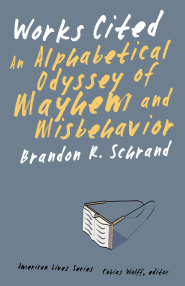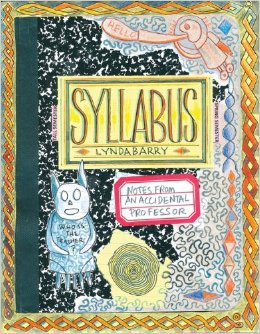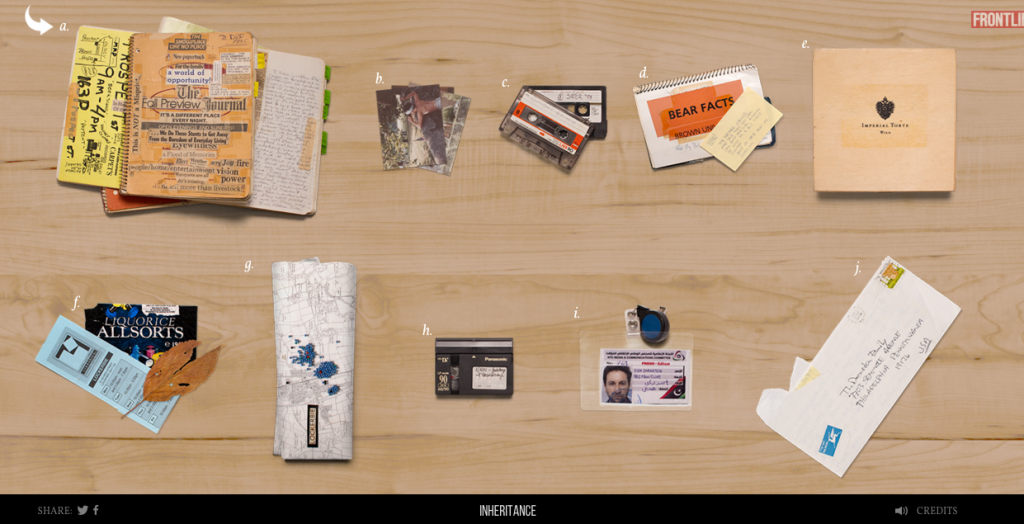For many years now, I’ve been trying to remember old stories from my childhood and about living with my two sisters and parents in the 70s and 80s in Upper Michigan, North Carolina, Southern and Northern Virginia and Iowa.
This process is difficult.
Some people seem to remember exact details about their past experiences. Not me. I hardly remember anything. What I do remember only surfaces as fuzzy fragments that I attempt to reconstruct into coherent stories. I often wonder, how much of what I do remember actually happened to me, and how much of it is based on embellished accounts provided by other family members?
When I began working on recounting and remembering, I was disheartened. What was wrong with me? How come everyone else seemed to remember so many details from their childhood? Now, after reading different accounts of remembering/not remembering/misremembering, I’ve come to realize that most people have difficulty remembering past stories. They just don’t admit or realize it. Memory is complicated and the process of storing and restoring our memories works in ways that often prevent us from accurately remembering what happened to us (or how, why, when, where and with whom). This realization makes me feel better and less alone.
Over the past month, I’ve been reminded of memory’s failures in three different accounts of misremembering:
1. Students’ inability to accurately identify who said/did what in a fake argument Mary Karr performs in class with a colleague, as described in The Art of Memoir.
2. Oliver Sack’s realization in Speak, Memory that a memory he vividly describes and remembers as his own in his memoir was actually his older brother’s.
3. Rebecca Solnit’s confrontation in The Faraway Nearby with evidence that the photo she thought she remembered of herself in a tree was that of another family member.
Here are a few passages from these accounts that I want to remember and ruminate on:
There is, it seems, no mechanism in the mind or the brain for ensuring the truth, or at least the veridical character, of our recollections. We have no direct access to historical truth, and what we feel or assert to be true depends as much on our imagination as our senses. There is no way by which the events of the world can be directly transmitted or recorded in our brains; they are experienced and constructed in a highly subjective way, which is different in every individual to begin with, and differently reinterpreted or reexperienced whenever they are recollected.
Oliver Sacks
We, as human beings, are landed with memory systems that have fallibilities, frailties, and imperfections—but also great flexibility and creativity. Confusion over sources or indifference to them can be a paradoxical strength: if we could tag the sources of all our knowledge, we would be overwhelmed with often irrelevant information.
Indifference to source allows us to assimilate what we read, what we are told, what others say and think and write and paint, as intensely and richly as if they were primary experiences. It allows us to see and hear with other eyes and ears, to enter into other minds, to assimilate the art and science and religion of the whole culture, to enter into and contribute to the common mind, the general commonwealth of knowledge. This sort of sharing and participation, this communion, would not be possible if all our knowledge, our memories, were tagged and identified, seen as private, exclusively ours. Memory is dialogic and arises not only from direct experience but from the intercourse of many minds.
Oliver Sacks
But there are also memories you dig for: you start with a clear fix on a tiny instant, and pick at every knot until a thin thread comes undone that you can follow back through the mind’s labyrinth to other places. We’ve all interrogated ourselves—It couldn’t have been Christmas because we had shorts on in the snapshot.
Mary Karr
[Solnit discussing the 100 lbs of apricots she received from her mother’s apricot tree] I don’t recall ever eating an apricot from it before the great mounds came to me, though there is a picture of me in my twenties, my feet planted on a couple of bare boughs, pruning shears in hand, looking at ease up there. I wrote that and then went to pull the faded Polaroid out of a box and fount that actually I was standing atop a tall ladder next to the tree with something unrecognizable in my hand. It was my younger brother in the companion snapshot who was standing in the apricot tree itself with the pruning shears. Memory, even in the rest of us [in contrast to Solnit’s mother who has Alzheimers], is a shifting, fading, partial thing, a net that doesn’t catch all the fish by any means and sometimes catches butterflies that don’t exist.
Rebecca Solnit


